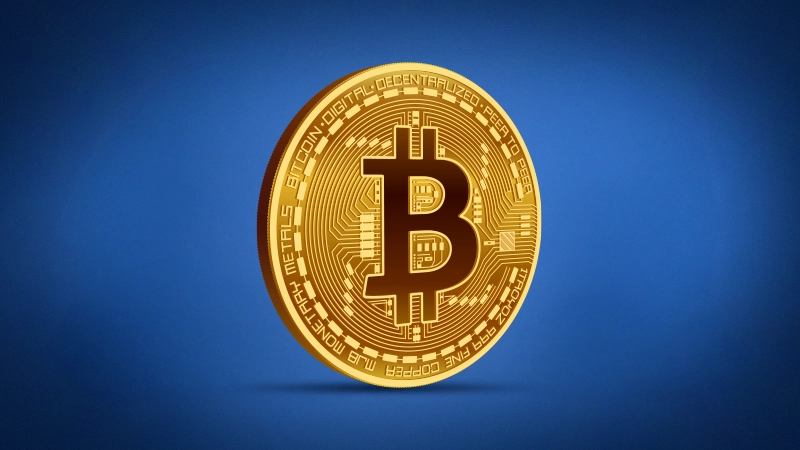
Is Bitcoin Mining Still Profitable?
Bitcoin mining is similar to gold mining. In one, you do an algorithmic dig, and it comes at a cost. In the other, you do a physical excavation, and it costs a lot. In order for mining to be profitable, the value of the product you get in the end must be more than the cost and the return on investment (ROI) you make must be reasonable.
Although there are different cost items for Bitcoin mining, the most important cost is caused by electricity consumption. Accordingly, in a recent research published by the poolin.com website, we see that bitcoin mining in this period has increased the investment in about 1 year. This means that this return is achieved in a much shorter time than many other investment areas.
We also know that the difficulty of the transactions that need to be solved for bitcoin mining is constantly increasing. This means that the electricity consumption spent on mining is increasing. Periodically, the rate of increase of this difficulty decreased from 685% between January 2014 and June 2014 to 209% between July 2014 and December 2014 and then to about 65% between January 2015 and June 2015, and this increase rate reflected in cost continues to decrease. Moreover, as of March 26, 2020, there was a 15.95% reduction in transaction difficulty. This means that the rate of increase in electricity consumption, which is the biggest cost item, is extremely limited.
However, on the other hand, as we entered 2020, the loss of value of all financial products due to the coronavirus, especially in March, caused miners to go through complicated ways.
Cryptocurrency Due to the price drop in the market, the miner had to close the device due to the high cost, which was the bill of the difficult time he had experienced. When we look at it now, we can say that there is upward movement in the price after the sharp decline in March 2020 and the miner has the opportunity to make a move before the bitcoin reward halving. In the light of all these developments, we see that the central banks of many countries, especially the Fed, have projects that they have integrated into the digital currency and blockchain technology base. The Fed’s plans to issue digital dollars for the $1,000 checks promised to distribute to U.S. citizens are just one of the most concrete examples. This shows that digitalization is an inevitable result. This makes all crypto coins, especially bitcoin, much more reliable and shows that their values are open to much higher in the future.